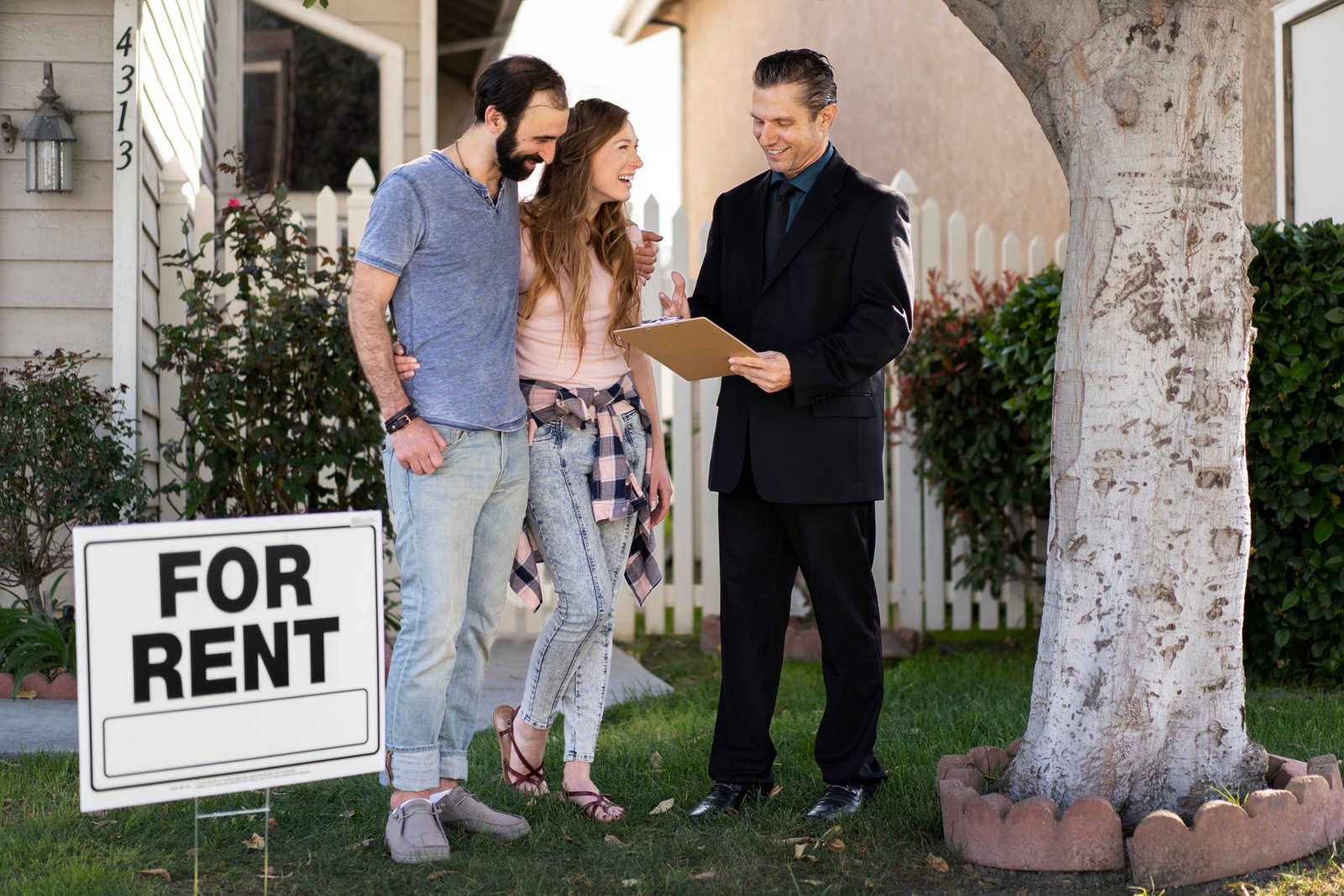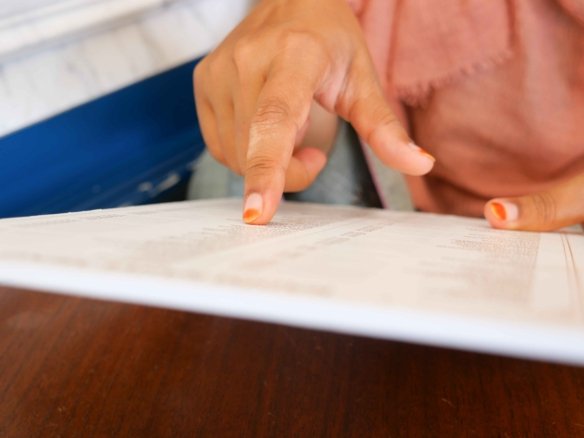Buying property at an auction can be one of the smartest ways to secure real estate at a competitive price. Many people search for house auctions near me with the hope of finding a great deal, but walking into an auction without preparation can be overwhelming. From understanding the bidding process to knowing how auction tax deed sales work, there are proven strategies that can help you walk away with the winning bid.
This guide will uncover the secrets to winning local property auctions so you can confidently take part in the process.
What Are House Auctions
A house auction is a public sale where properties are sold to the highest bidder. These homes may come from foreclosures, unpaid taxes, or owners choosing to sell through auction instead of a traditional listing. For buyers, auctions can present opportunities to purchase real estate below market value, but they also require due diligence and careful planning.
When you search for house auctions near me, you’ll typically come across two main types:
- Foreclosure Auctions – Homes repossessed by lenders when owners fail to make mortgage payments.
- Auction Tax Deed Sales – Properties sold by counties or municipalities due to unpaid property taxes.
Each type has its own rules, risks, and rewards.
Why Auction Tax Deed Sales Matter
One of the most talked-about opportunities in the auction world is the auction tax deed. When property taxes go unpaid for a certain period, the county government has the right to sell the property to recover the taxes owed. Unlike tax lien sales, where investors buy the debt, tax deed auctions often result in the buyer gaining ownership of the actual property.
This means, with the right knowledge, you could secure a property for just the cost of back taxes and fees. However, you need to understand the process clearly to avoid surprises.
Step-by-Step Guide to Winning House Auctions Near Me
1. Do Your Research Early
Before you attend any auction, start with research. Search online for house auctions near me and check county websites for upcoming auction schedules. Most counties post a list of available properties, giving you time to investigate each one.
Look into:
- Property location and condition
- Estimated market value
- Any liens or legal issues
- Neighborhood demand
The more informed you are, the better your bidding strategy will be.
2. Understand the Auction Rules
Every auction has its own rules, especially when it comes to auction tax deed sales. Some require full payment immediately, while others allow a short window for completing the payment. Learn about:
- Registration requirements
- Accepted payment methods (cash, cashier’s check, etc.)
- Buyer premiums or fees
- Redemption periods (some states allow previous owners to reclaim the property within a set time)
Knowing these details prevents costly mistakes.

3. Visit Properties in Person
Photos and descriptions may not reveal the true condition of a property. If possible, drive by the property before the auction. While you may not be able to enter, you can assess:
- The condition of the exterior
- Signs of vacancy or neglect
- Neighborhood quality
This information helps you decide whether to bid aggressively or skip the property.
4. Set a Budget and Stick to It
Auctions can be fast-paced, and bidding wars are common. Before stepping into the room or logging into an online auction, set your maximum bid and commit to it. Factor in:
- Property value
- Repairs and renovation costs
- Back taxes or additional fees
Remember, walking away is sometimes the smartest move if bidding goes beyond your budget.
5. Attend Auctions as an Observer First
If you’re new to house auctions near me, consider attending a few without bidding. This allows you to see how the process works, understand the pace of bidding, and learn how experienced buyers operate. By the time you’re ready to bid, you’ll feel more comfortable.
6. Be Ready with Funds
Most auctions require immediate payment or at least a large deposit on the day of the sale. For auction tax deed sales, this is almost always mandatory. Ensure your funds are available in the required format—usually cashier’s checks or money orders. This preparation ensures you don’t miss out on a property because of payment delays.
7. Look for Undervalued Properties
Not every property on the list will be a gem. Some will need extensive repairs, while others may be in low-demand areas. The real secret is identifying undervalued properties with potential. These might include:
- Homes in growing neighborhoods
- Properties with minor cosmetic issues
- Vacant lots with development potential
With careful selection, you can maximize your investment returns.
8. Build Relationships with Auction Official
Auctioneers and county officials often have valuable insights into upcoming sales. By networking with them, you can learn more about which properties may attract less competition or which areas are seeing more investor interest. This gives you an edge when planning your strategy.
9. Prepare for Repairs and Renovations
Many auctioned properties, especially those in auction tax deed sales, may have been neglected. Allocate a portion of your budget for:
- Basic repairs (roofing, plumbing, electrical)
- Clean-up and landscaping
- Bringing the property up to code
By anticipating these costs, you’ll avoid unpleasant surprises.
10. Have a Clear Exit Strategy
Before buying, decide what you’ll do with the property:
- Rent it out for passive income
- Sell it quickly for a profit (flipping)
- Hold onto it as a long-term investment
Knowing your goal helps you evaluate whether a property is truly a good deal.
Common Mistakes to Avoid in House Auctions
- Skipping research – Never bid on a property you know nothing about.
- Overbidding due to emotion – Stick to your budget no matter how heated the auction gets.
- Ignoring hidden costs – Taxes, liens, and repairs can eat into profits.
- Not understanding redemption laws – In some states, previous owners can reclaim their property after you buy it.
Avoiding these mistakes can save you time, money, and frustration.
Final Thoughts
Winning at house auctions near me isn’t about luck—it’s about preparation, discipline, and strategy. By doing thorough research, understanding the rules, and knowing how auction tax deed sales work, you can confidently step into the bidding process and walk away with a profitable investment.
Whether you’re a first-time buyer or an experienced investor, the opportunities in property auctions are real. With the right approach, you can uncover hidden gems and turn them into valuable assets.






Join The Discussion